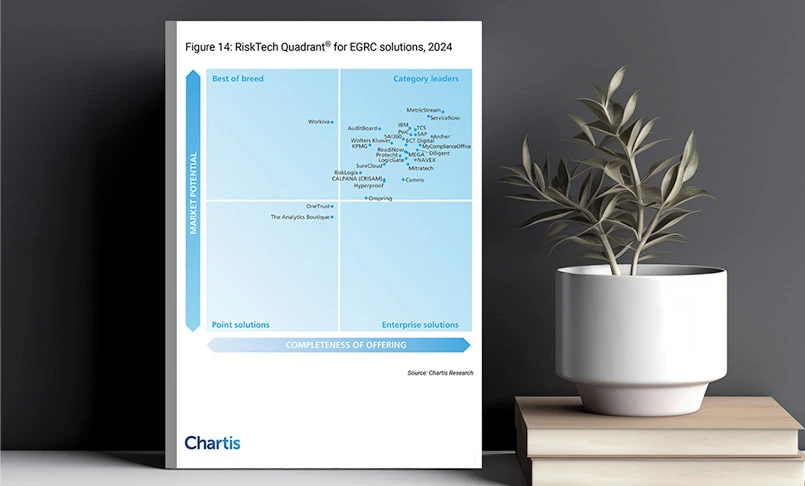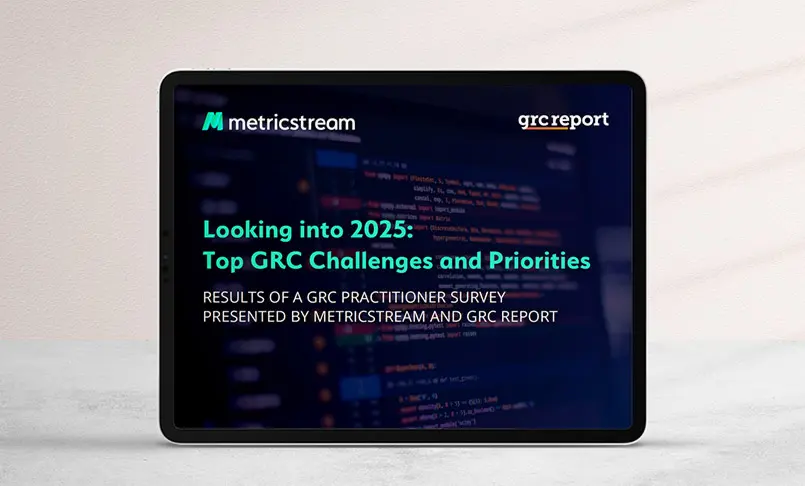Towards a Sustainable Future: Pursuing a Responsible ESG Tax Policy
- ESGRC
- 25 March 22 |

Introduction
Is your organization paying its taxes diligently? It may not be if environmental, social, and governance (ESG) factors are not considered.
ESG is changing how organizations operate, select vendors, make investment decisions. According to FactSet, more than 1 in 4 S&P 500 companies, that conducted earnings conference calls for the final quarter of 2020 cited “ESG”. This was 63% higher than the number of ESG mentions from the previous quarter and the highest in the last 10 years.
ESG decisions also have material tax consequences which are important to stakeholders and play a critical role in strategizing corporate changes as well as funding ESG development. Governments are using taxation as a tool to incentivize organizations to make sustainability changes.
Tax and ESG
Clients, employees, investors, and other stakeholders are putting pressure on board members to pursue a responsible ESG tax policy. Incorporating a tax perspective into ESG strategy is becoming increasingly important for organizations to not only build stakeholder trust but also to demonstrate their commitment to enable growth with purpose.
Formulating an ESG tax policy necessitates a thorough analysis of the current ESG state and future targets. ESG reporting frameworks and their corresponding tax disclosures must be assessed. Including ESG items in tax risk appetite statements facilitate an enterprise-wide, risk governance structure that improves the assessment of risk versus return as well as strengthens corporate risk awareness.
Regulatory Developments
ESG related legislation is arising from local, national, and supra-national entities. There are more than 1,000 sustainable taxes across OECD member countries. The European Union has made public country-by-country reporting (CbCR) mandatory for many organizations. CbCR has become an established concept in the efforts to increase transparency across the international tax system.
There are several reporting standards and frameworks that have been implemented. Probably the most significant standard is the Global Reporting Initiative (GRI) 207 which is being used by more than 10,000 organizations in over 100 countries. This new reporting standard on tax enables organizations to better understand and communicate information about their tax strategy publicly. It includes best practices for tax CbCR as well as details management’s approach to tax.
Organizations need to determine what information is required for their reporting. Sources of ESG data that may impact taxes include internal ESG, financial and operational systems as well as external data aggregators that provide publicly available data. Utilizing a technology solution that can aggregate and store ESG metrics, integrate data and generate reports under multiple frameworks is critical. Performing materiality assessments, selecting appropriate frameworks for reporting, setting up metric data capture processes, establishing the link between different types of data, and automating data collection are all important parts of the process.
ESG will continue to gain prominence as the global consensus for action is getting stronger every day. Even though several ESG measures have already been enacted, many more are planned. With them, tax considerations will be a critical component.
___________________________________________________________________________________________________________
CastleHill Risk leverages MetricStream ESGRC to help organizations align their ESG strategy to established industry standards, frameworks, and disclosure requirements. The tech-driven approach simplifies linking standards to organizational entities and key metrics, automates data collation and aggregation, and provides actionable insights through real-time analytics and dashboards. To request a personalized demo, click here.
Building an Enterprise ESG Program? Download our eBook to learn How Technology Can Help You Succeed
Tune into a joint webinar from MetricStream and CastleHill about “Taking the First Steps to Quick Start your ESG Program”. Register here.









